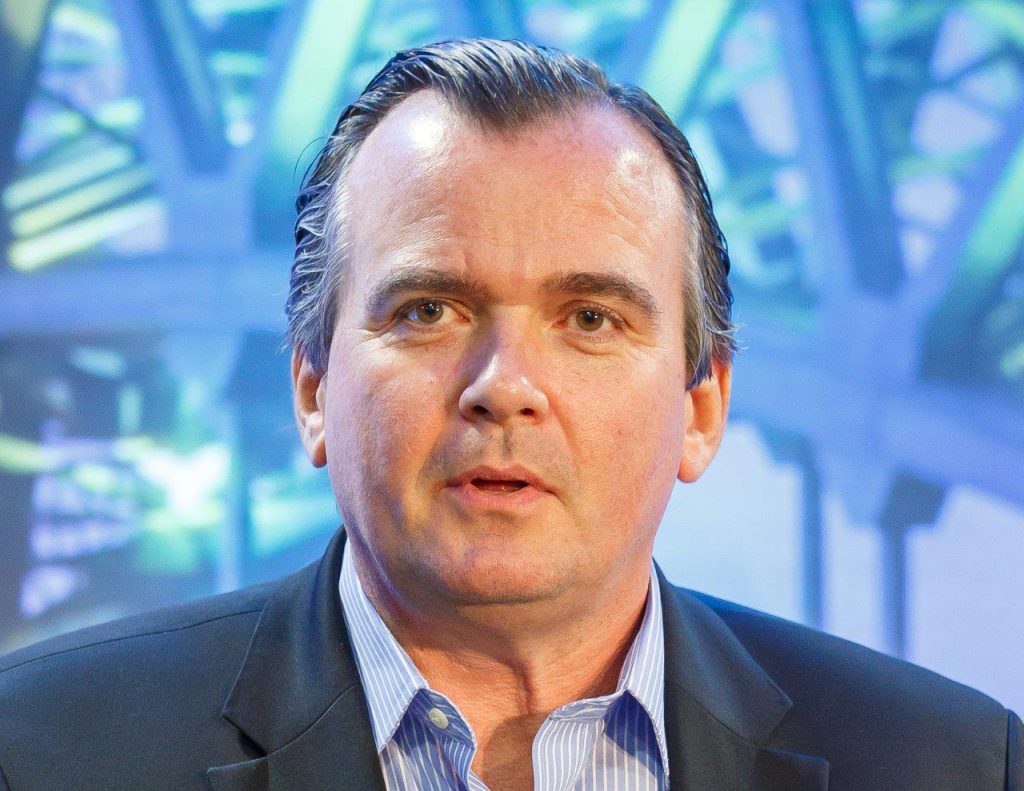
Published by kind permission of Portfolio magazine
Developing Consensus, the North East property group, which includes leading private sector investors, developers, property agents and professionals, started this year with a fundamental shift in position to emphasise its messages about the importance of the region’s property sector to the region.
The group’s membership has between them invested over £1bn in the North East over the last 10 years, but is seeing increasing challenges to investment and project delivery in the region, which needs to be urgently highlighted and addressed.
Chair Adam Serfontein, who is also managing director of the property investment and development company, Hanro, says Developing Consensus will continue to focus on two main areas namely attracting the investment, funding, occupiers and talent we need for North East England to continue “to grow and flourish and support high value schemes through innovative and streamlined approaches to planning, funding and construction”.
“We are a strong, multi-disciplined and a very knowledgeable opinion group. We want to ensure a range of high quality accommodation is always available for both indigenous and new, incoming, demand,” says Mr Serfontein.
“Our principal ambitions remain the same – the delivery and supply of new developments and buildings that will enable the growth of businesses in the region; to support the region in attracting the inward investment from national and international markets necessary for regional development and growth; to foster positive collaboration between the public and private sectors on development and investment and continue to be an authoritative voice and expert consultant group, actively supporting regional policy-makers across relevant sectors.”
DC position papers released so far this year cover several views ranging from digital infrastructure to enabling development. In respect of digital, the DC paper says “the property sector is an important part of the regional inward investment offer. Showcasing the digital infrastructure already here, and highlighting what is coming down the line, are both important messages.
“This helps make the case to businesses making location decisions, to attract young skilled workers and grow the regional economy.”
A further paper was an argument to bring back Enterprise Zones. “The whole ‘enterprise’ process is revenue and tax generating from the initial design stage, through materials
and construction to delivery and occupation by businesses and their supply chains that are job creating and revenue generating be it corporation tax, employment tax or stamp duty.”
The paper continued: “A strategy to reinvigorate EZs will be needed to assist urban areas by encouraging businesses to establish themselves, expand and contribute to the local economy through jobs and spending power and to the national economy through taxation.”
Most recently Development Consensus issued a paper covering about planning issues. An extract says: “The view of DC is that delivery of the LEP’s Strategic Economic Plan will be undermined unless a pro-active approach is adopted by all participants in the sector to ensure the property pipeline is unblocked. The current strategy of enabling sites through provision of support to remediate and service is not on its own effective at enabling building delivery.
“DC believes that the North East region must regard speculative development of new buildings as key infrastructure projects that are critical to the future success of the economy. Without them there will be no homes for new business.”
Neil Hart, group managing director, Bradley Hall Chartered Surveyors and Estate Agents, who are members of DC, says “Despite overhanging economic uncertainty, the North East property market continues to be resilient and this positive outlook is testament to the region’s ability to adapt and continue despite external impacting factors.
“The region is an outstanding place to invest and base business, and it is now the responsibility of all involved in Developing Consensus to champion this and cultivate new opportunities for future growth.”